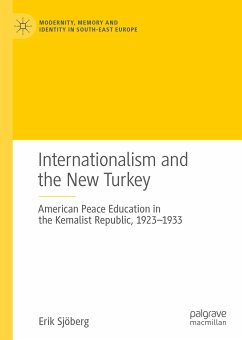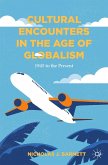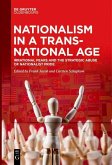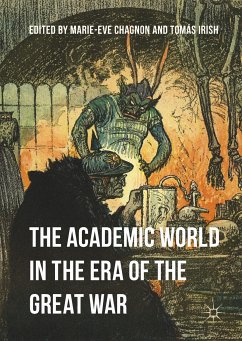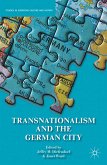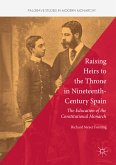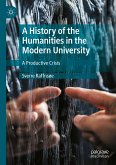"Based on recently declassified sources, this excellent monograph addresses the little-researched field of international education in Interwar Turkey. Its careful analysis of changes and personal dramas at the legendary Robert College in Istanbul offers striking new insights that include Western appeasement of Ankara. Ultranationalism in education and history teaching culminated in Turkey's unopposed 'History Thesis', involving a poignant "fall of international education" in the 1930s."
-Hans-Lukas Kieser is Associate Professor of History at The University of Newcastle, Australia
"By using new archival material, Sjöberg has written a fascinating account of the Robert College in Istanbul in the crucial years of the transition from the Ottoman Empire to the Turkish Republic. In addition to presenting a highly original history of this premier institution, Sjöberg also explains how the idealist hopes for liberal education were crushed in Turkey inthe 1920s and 1930s."
-Resat Kasaba, Henry M. Jackson, School of International Studies, University of Washington, USA
This book examines international education in Turkey after World War I. In this period, a movement for peace and international education among American educators emerged. This effort, however, had to be reconciled with the nationalist projects of new nation-states emerging from the war. In the case of the Near East that meant coming to terms with the radically nationalist modernization project of Kemal Atatürk's Turkish Republic. Using the case of Robert College, an American educational institution in Istanbul, which aimed to foster a future local elite of a multi-ethnic and multi-religious student body, the book sheds light on the negotiation between two conceptions of modernity, as represented by American internationalist ideals and the tenets of Kemalism - the Westernizing, yet deeply ethnocentric national ideology of post-1923 Turkey. Based on recently declassified archival sources, this study addresses the educational intentions and strategies for adjustment of college faculty. It also offers a rare insight into the mindset of young students attempting to make sense of what internationalism and religious, ethnic and national identity meant in the Ottoman past and in the new republican Turkey. Focusing on Robert College and the forgotten case of its dean and social studies instructor, Dr. Edgar Jacob Fisher, it addresses the little-researched field of internationalism and peace education in interwar Turkey.
Erik Sjöberg is Associate Professor of History at Södertörn University, Sweden.
Dieser Download kann aus rechtlichen Gründen nur mit Rechnungsadresse in A, B, BG, CY, CZ, D, DK, EW, E, FIN, F, GR, HR, H, IRL, I, LT, L, LR, M, NL, PL, P, R, S, SLO, SK ausgeliefert werden.

